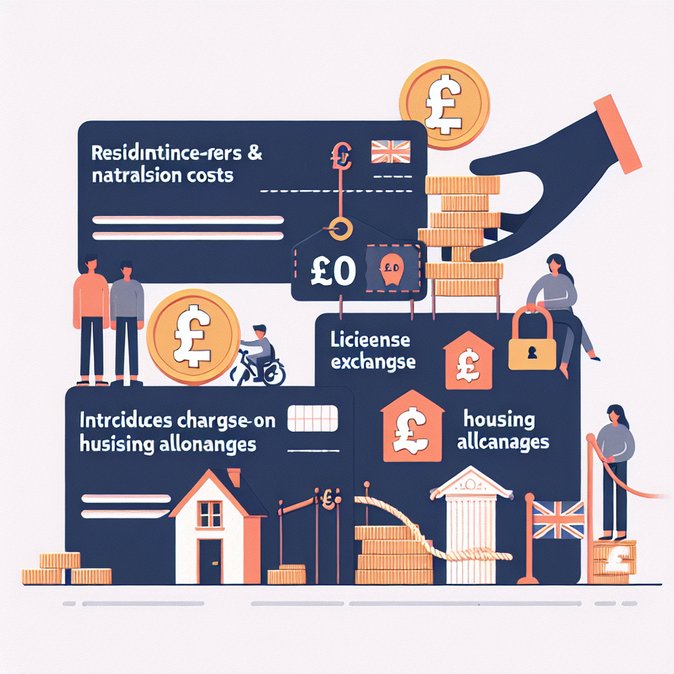
Late on 30 October 2025 the government released its finance-bill annexes showing steep increases to administrative charges paid by foreign residents. The draft Budget 2026 would:
• raise the stamp duty for issuing or renewing standard residence cards by €100 (and by €50 for the reduced-rate category);
• add a new €40 fee for exchanging a foreign driving licence and up to €100 for the new ‘autorisation provisoire de séjour’;
• increase the naturalisation application duty by €200; and
• restrict housing allowances (APL) for non-EU students to those holding French government bursaries.
The Finance Ministry argues the changes merely align France with the “median level of fees across the EU” while generating €160 million in extra revenue. HR mobility teams, however, warn that the extra costs—potentially €300-€400 for a family of four—will need to be budgeted into 2026 assignment packages. Universities and grandes écoles fear the stricter APL criteria could dent France’s attractiveness to fee-paying international students just as campus numbers rebound post-pandemic.
Legal advisers advise foreign employees to anticipate applications before 1 January 2026 wherever possible, and to audit assignment cost projections. Employers should also review whether the new licence-exchange fee triggers gross-up obligations under mobility policies.
The draft will be debated in committee from 6 November, with adoption scheduled before parliament’s winter recess. Amendments could yet soften the hikes, but observers see limited political appetite to oppose revenue-raising measures while France seeks to rein in its deficit.
• raise the stamp duty for issuing or renewing standard residence cards by €100 (and by €50 for the reduced-rate category);
• add a new €40 fee for exchanging a foreign driving licence and up to €100 for the new ‘autorisation provisoire de séjour’;
• increase the naturalisation application duty by €200; and
• restrict housing allowances (APL) for non-EU students to those holding French government bursaries.
The Finance Ministry argues the changes merely align France with the “median level of fees across the EU” while generating €160 million in extra revenue. HR mobility teams, however, warn that the extra costs—potentially €300-€400 for a family of four—will need to be budgeted into 2026 assignment packages. Universities and grandes écoles fear the stricter APL criteria could dent France’s attractiveness to fee-paying international students just as campus numbers rebound post-pandemic.
Legal advisers advise foreign employees to anticipate applications before 1 January 2026 wherever possible, and to audit assignment cost projections. Employers should also review whether the new licence-exchange fee triggers gross-up obligations under mobility policies.
The draft will be debated in committee from 6 November, with adoption scheduled before parliament’s winter recess. Amendments could yet soften the hikes, but observers see limited political appetite to oppose revenue-raising measures while France seeks to rein in its deficit.










